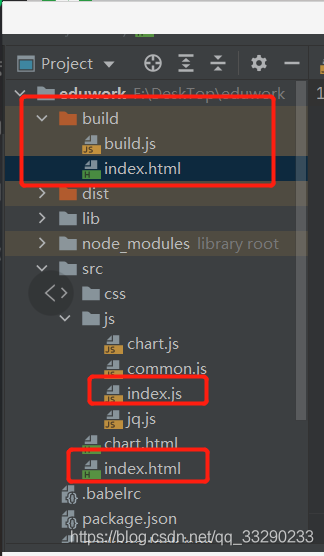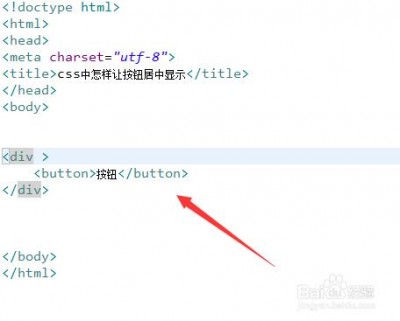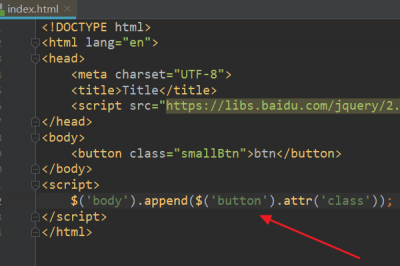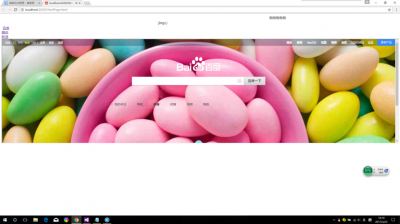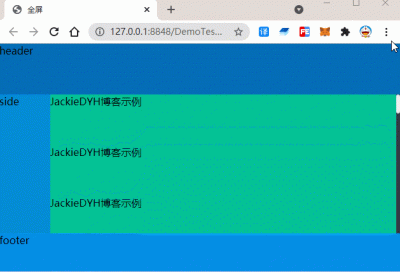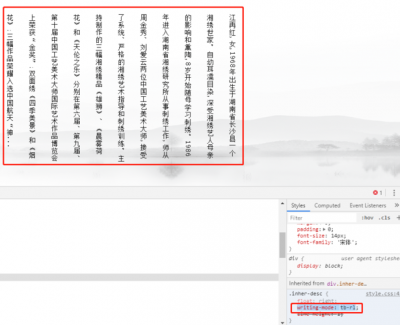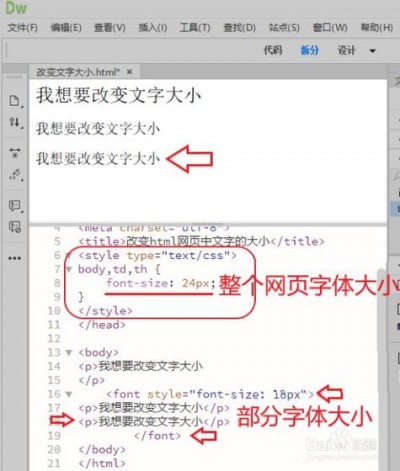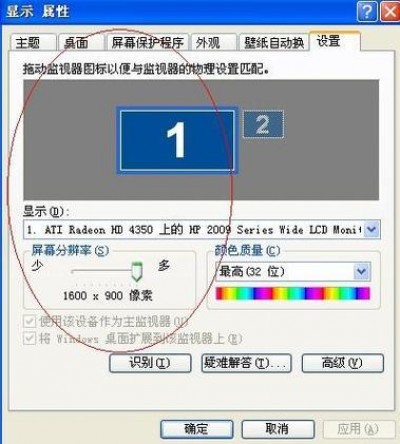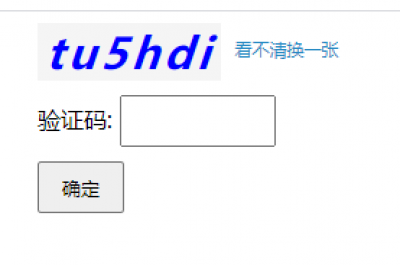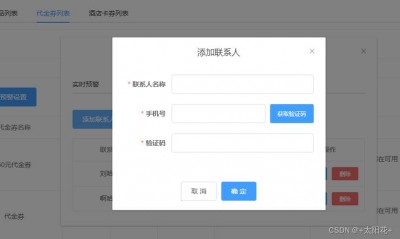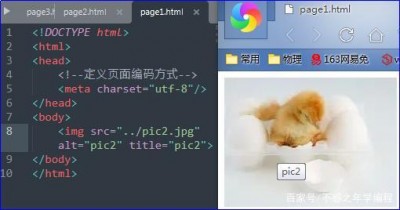Webpack是一个强大的模块打包工具,它可以将多个模块文件打包成一个或多个bundle,在前端开发中,我们经常需要将HTML、CSS、JavaScript等资源打包成一个静态文件,以便于部署和发布,本文将详细介绍如何使用Webpack打包HTML。
(图片来源网络,侵删)
1、安装依赖
我们需要安装Webpack及其相关依赖,在项目根目录下运行以下命令:
npm init y npm install webpack webpackcli savedev2、创建配置文件
接下来,我们需要创建一个Webpack配置文件,在项目根目录下创建一个名为webpack.config.js的文件,并添加以下内容:
const path = require(path); module.exports = { entry: ./src/index.js, // 入口文件 output: { filename: bundle.js, // 输出文件名 path: path.resolve(__dirname, dist), // 输出路径 }, };这里我们指定了入口文件为src/index.js,输出文件名为bundle.js,输出路径为dist文件夹。
3、编写HTML模板
在项目根目录下创建一个名为index.html的文件,并添加以下内容:
<!DOCTYPE html> <html lang="en"> <head> <meta charset="UTF8"> <meta name="viewport" content="width=devicewidth, initialscale=1.0"> <title>Webpack HTML Bundle</title> </head> <body> <div id="app"></div> <script src="bundle.js"></script> </body> </html>这里我们创建了一个简单的HTML模板,其中包含一个用于挂载应用的<div>元素,以及一个用于引入打包后JavaScript文件的<script>标签。
4、修改入口文件
在src/index.js文件中,我们需要引入Vue框架,并创建一个Vue实例,我们需要将创建的Vue实例挂载到#app元素上,修改后的src/index.js文件如下:
import Vue from vue; import App from ./App.vue; new Vue({ el: #app, render: h => h(App), });5、创建Vue组件
在src文件夹下创建一个名为App.vue的文件,并添加以下内容:
<template> <div class="container"> <h1>{{ message }}</h1> </div> </template> <script> export default { data() { return { message: Hello Webpack HTML Bundle!, }; }, }; </script>这里我们创建了一个简单的Vue组件,包含一个显示消息的<h1>元素,我们将在Vue实例中使用这个组件。
6、修改Webpack配置
回到webpack.config.js文件,我们需要修改入口文件为刚刚创建的Vue组件,修改后的webpack.config.js文件如下:
const path = require(path); const HtmlWebpackPlugin = require(htmlwebpackplugin); // 引入HtmlWebpackPlugin插件 module.exports = { entry: ./src/App.vue, // 修改入口文件为Vue组件 output: { filename: bundle.js, // 输出文件名不变 path: path.resolve(__dirname, dist), // 输出路径不变,但需要在dist文件夹下创建一个名为index.html的文件来引用打包后的JavaScript文件和样式表等资源,我们需要使用HtmlWebpackPlugin插件来自动生成这个HTML文件,修改后的webpack.config.js文件如下: module.exports = { entry: ./src/App.vue, output: { filename: bundle.js, path: path.resolve(__dirname, dist) }, module: { rules: [{ test: /.css$/, use: [styleloader, cssloader] }, { test: /.(png|svg|jpg|jpeg|gif)$/i, type: asset/resource }, { test: /.(woff|woff2|eot|ttf|otf)$/i, type: asset/resource },] }, plugins: [ new HtmlWebpackPlugin({ template: ./index.html }) ] } } } } module.exports = { entry: ./src/App.vue, output: { filename: bundle.js, path: path.resolve(__dirname, dist) }, module: { rules: [{ test: /.css$/, use: [styleloader, cssloader] }, { test: /.(png|svg|jpg|jpeg|gif)$/i, type: asset/resource }, { test: /.(woff|woff2|eot|ttf|otf)$/i, type: asset/resource },] }, plugins: [ new HtmlWebpackPlugin({ template: ./index.html }) ] } } module.exports = { entry: ./src/App.vue, output: { filename: bundle.js, path: path.resolve(__dirname, dist) }, module: { rules: [{ test: /.css$/, use: [styleloader, cssloader] }, { test: /.(png|svg|jpg|jpeg|gif)$/i, type: asset/resource }, { test: /.(woff|woff2|eot|ttf|otf)$/i, type: asset/resource },] }, plugins: [ new HtmlWebpackPlugin({ template: ./index.html }) ] } module.exports = { entry: ./src/App.vue, output: { filename: bundle.js, path: path.resolve(__dirname, dist) }, module: { rules: [{ test: /.css$/, use: [styleloader, cssloader] }, { test: /.(png|svg|jpg|jpeg|gif)$/i, type: asset/resource }, { test: /.(woff|woff2|eot|ttf|otf)$/i, type: asset/resource },] }, plugins: [ new HtmlWebpackPlugin({ template: ./index.html }) ] } module.exports = { entry: ./src/App.vue, output: { filename: bundle.js, path: path.resolve(__dirname, dist) }, module: { rules: [{ test: /.css$/, use: [styleloader, cssloader] }, { test: /.(png|svg|jpg|jpeg|gif)$/i, type: asset/resource }, { test: /.(woff|woff2|eot|ttf|otf)$/i, type: asset/resource },] }, plugins: [ new HtmlWebpackPlugin({ template: ./index.html }) ] } module.exports = { entry: ./src/App.vue, output: { filename: bundle.js, path: path.resolve(__dirname, dist) }, module: { rules: [{ test: /.css$/, use: [styleloader, cssloader] }, { test: /.(png|svg|jpg|jpeg|gif)$/i, type